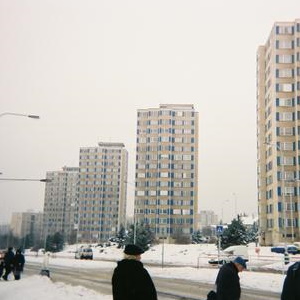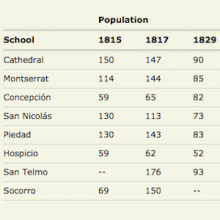Government
The Campaign to Save the Danube River
In 1984, the Czechoslovak and Hungarian governments announced a new public project: the Gabcikovo-Nagymaros complex on the Danube River, a 3 billion dollar water project, that would involve the construction of two massive dams (one in each country) and a series of hydroelectric plants.
Treaty on the Final Settlement with Respect to Germany
At the end of World War II, Germany was divided into four zones of occupation, with each being overseen by one of the Allied powers: the U.S., Great Britain, France, and the Soviet Union.
Rude Pravo, Central Committee Meeting
In 1978, one year after the creation of Charter '77, Vaclav Havel wrote his famous essay, "The Power of the Powerless." In it he argued that the countries of the East Bloc were under the rule of post-totalitarian regimes that appealed to popular desires for consumer goods, in order to secure domi
Rude Pravo, Water Pollution
Nestled in the very heart of Central Europe is a region that has come to be known as the Black Triangle. It contains land surrounding where the borders of Czechoslovakia, Poland, and East Germany meet.
Prace, Health
Following World War II, the peoples of Eastern Europe not only had increased access to affordable, hygienic housing, they also had improved access to health care.
Rudé Pravo Alcohol and Cigarette Abuse
Alcohol and cigarette consumption were very regular parts of everyday life for great numbers of Eastern Europeans, including youth, during the Cold War era. In fact, these countries had some of the highest alcoholism rates in the world and a very large percentage of the population smoked.

Panelaks and Housing Estates
During the first half of the 20th century shortages of hygienic, affordable housing were common in Eastern Europe.

Long Teaching Module: Parents, Children, and Political Authority in 19th century Argentina
Between 1810 and 1860, Argentina emerged as a deeply divided nation. One of the main problems that remained unresolved throughout the 19th century was how power would be shared between Buenos Aires, the capital, and the rest of the provinces.
Samizdat, Five Year Plan
In 1986 the Czechoslovak Communist Central Committee approved its Eighth Five Year Plan since 1948, which stayed in effect, with modifications, until 1990.
Preparing for Martial Law in Poland
In August 1980, a worker's strike began in Gdansk, Poland in reaction to the struggling economy and massive shortages. In a compromise to resolve the strike, the Communist government legalized Solidarity, but this only increased tensions as the shortages failed to improve.